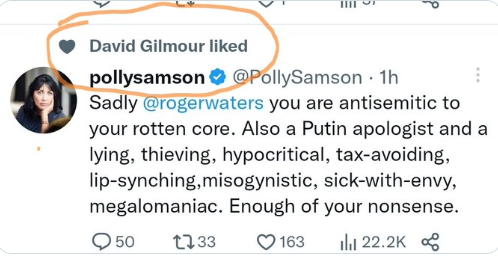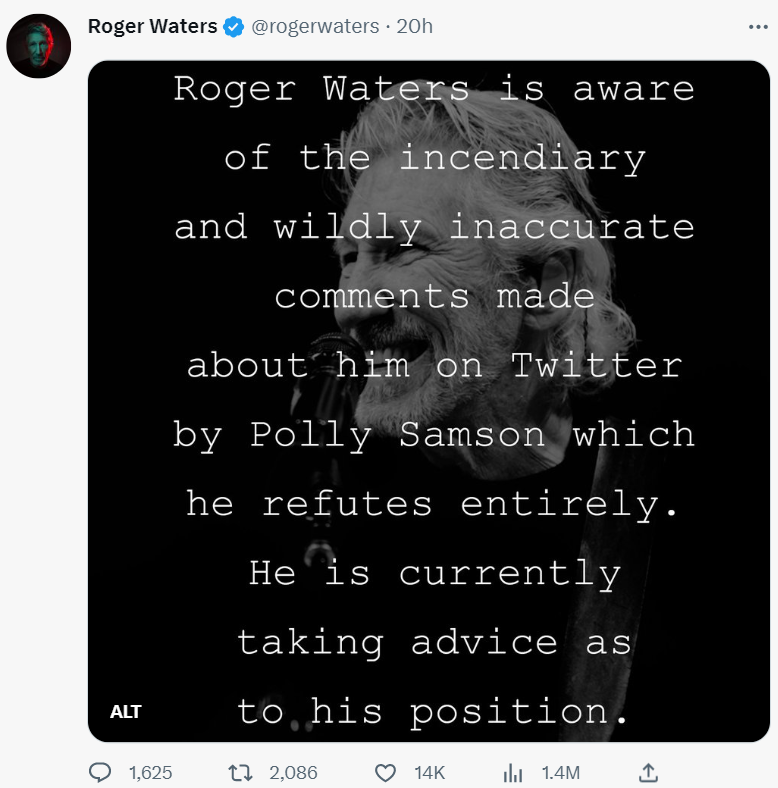https://www.nytimes.com/2023/02/07/opinion/russia-ukraine-us-tanks.html
Russia and Ukraine Have Incentives to Negotiate. The U.S. Has Other Plans.
The United States’ recent promise to ship advanced M1 Abrams battle tanks to Ukraine was a swift response to a serious problem. The problem is that Ukraine is losing the war. Not, as far as we can tell, because its soldiers are fighting poorly or its people have lost heart, but because the war has settled into a World War I-style battle of attrition, complete with carefully dug trenches and relatively stable fronts.
Such wars tend to be won — as indeed World War I was — by the side with the demographic and industrial resources to hold out longest. Russia has more than three times Ukraine’s population, an intact economy and superior military technology. At the same time, Russia has its own problems; until recently, a shortage of soldiers and the vulnerability of its arms depots to missile strikes have slowed its westward progress. Both sides have incentives to come to the negotiating table.
The Biden administration has other plans. It is betting that by providing tanks it can improve Ukraine’s chances of winning the war. In a sense, the idea is to fast-forward history, from World War I’s battles of position to World War II’s battles of movement. It is a plausible strategy: Eighty years ago, the tanks of Hitler and Stalin revolutionized warfare not far from the territory being fought over today.
But the Biden strategy has a bad name: escalation.
Beyond a certain point, the United States is no longer “helping” or “advising” or “supplying” the Ukrainians, the way it did, say, the Afghan mujahedeen during the Cold War. It is replacing Ukraine as Russia’s main battlefield adversary. It is hard to say when that point will be reached or whether it has been already. With whom is Russia at war — Ukraine or the United States? Russia started the war between Russia and Ukraine. Who started the war between Russia and the United States?
This sudden policy lurch has the look of an accident. The Biden administration sought for weeks to convince Chancellor Olaf Scholz of Germany to provide Ukraine with his country’s Leopard 2 tanks. It was a hard sell. Back in the 1980s when Mr. Scholz, a Social Democrat, was campaigning for European disarmament as a member of his party’s Young Socialist wing, he probably didn’t picture himself in the role of
the first chancellor since Hitler to send German tanks into battle on the Russian front.
Mr. Scholz refused to release the Leopards unless the United States released its own best tanks. His desire to move in lock step with the United States surely has something to do with Germany’s dark past. But it may also rest on fears of being rolled.
Twice this century, Germany has refused to be dragged into a war to protect the world from an evil dictator: Chancellor Gerhard Schröder led the opposition to George W. Bush’s Iraq invasion in 2003, and in 2011, Mr. Schröder’s successor, Angela Merkel, dissented from the Anglo-Franco-American view that an invasion of Libya would be required to stop Col. Muammar el-Qaddafi from committing a genocide. The German view proved wiser in both instances.
Perhaps this crusade is different. Perhaps not. Mr. Scholz, in the end, acquiesced in the request for tanks. But by insisting that the United States also pledge its own tanks, he offered at least token resistance.
In an age of smart devices, robotics and remote control, the United States’ involvement in the war has always been greater than it appeared. The computer-guided rocket artillery that Ukraine has received from the United States may seem analogous to the horses and rifles that a government might have sent to back an insurgency in the old days. They look at first like traditional weapons, albeit advanced ones.
But there is an important difference.
Most of the new weapons’ destructive power comes from their being bound into an American information network, a package of services that keeps working independently of the warrior and will not be fully shared with the warrior. So the United States is participating in these military operations at the moment they happen. It is fighting.
Last spring, Ukraine shocked the Russian navy by using American targeting information to sink the Moskva, a Black Sea missile cruiser. Only months into the war did Russians face up to the fact that officers using their personal cellphones were regularly getting blown up. This past New Year’s Eve, a dormitory full of fresh Russian army recruits in the city of Makiivka was hit by missiles at the crack of midnight, presumably just as the young men were calling their friends and loved ones to wish them the joys of the coming year. The attack killed 89, according to Russian authorities — more than 300, according to the British Ministry of defense, which accused Russian authorities of “deliberate lying” about the attack to minimize their losses.
After such episodes, Russia’s leaders are unlikely to feel that the resistance they are meeting comes from Ukraine. The role of the United States is considerably more active than merely responding to Ukrainian “requests” for this or that. Having itself designed the weaponry in most cases, the United States may have a better sense of which tech solutions are appropriate to local battlefield challenges.
Abrams tanks require experienced technicians for training and repair. Will these technicians be brought onto the battlefield from the United States? Then we will have a situation analogous to the introduction of “advisers” into Vietnam in the early 1960s. “This is not an offensive threat to Russia,” President Biden said of the Abrams tank shipments last month. He’s entitled to his opinion, but it is probably not shared by the Russian leadership.
President Biden’s own advisers are divided on how aggressively to pursue the war. Some even propose to chase Russia out of Crimea. That would promise a new kind of mission for NATO: the conquest, annexation and garrisoning of a population that doesn’t want it.
The Russian invasion of Ukraine has to do with a complicated set of post-Cold War historical trends (like America’s striking post-Cold War rise and its more recent relative decline) and economic accidents (like the vicissitudes of fossil fuel prices). But it is also the latest chapter of an ongoing geostrategic story in which the plot has changed little over the centuries: The largest country by area on the planet has no reliable exit into the world. The most reliable route runs through the Black Sea, where it crosses the trade routes that link the civilizations of Asia to the civilizations of Europe. There, or thereabouts, Russian forces clashed with the armies of many Turkish sultans in the 17th and 18th centuries, Lord Palmerston of Britain in the 19th and Hitler in the 20th.
Speaking last week at the 80th anniversary of the Soviet victory over Germany at the battle of Stalingrad, President Vladimir Putin of Russia described the present war as a similar effort. Russians say the war is about preventing the installation of an enemy military stronghold on the Black Sea, strong enough to close off what has for centuries been Russia’s main access to the outside world. Without Ukraine, Russia can be turned into a vassal state.
That NATO intends to bring about the subjugation, breakup or even extinction of Russia may be true or false — but it will not sound implausible to a Russian.
Many Americans cannot resist describing Mr. Putin as a “barbarian” and his invasion of Ukraine as a “war of aggression.” For their part Russians say this is a war in which Russia is fighting for its survival and against the United States in an unfair global order in which the United States enjoys unearned privileges.
We should not forget that, whatever values each side may bring to it, this war is not at heart a clash of values.
It is a classic interstate war over territory and power, occurring at a border between empires. In this confrontation Mr. Putin and his Russia have fewer good options for backing down than American policymakers seem to realize, and more incentives to follow the United States all the way up the ladder of escalation.



